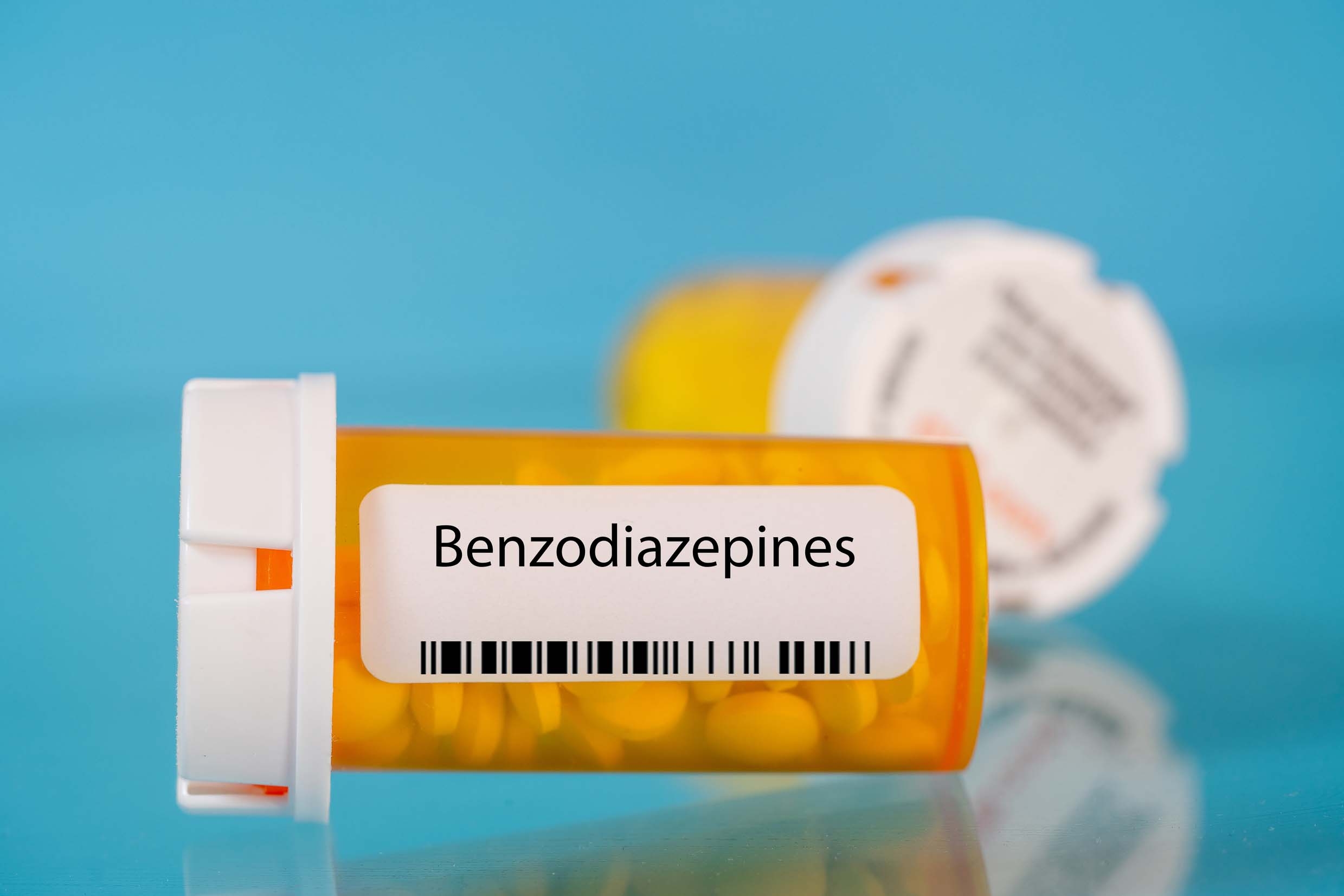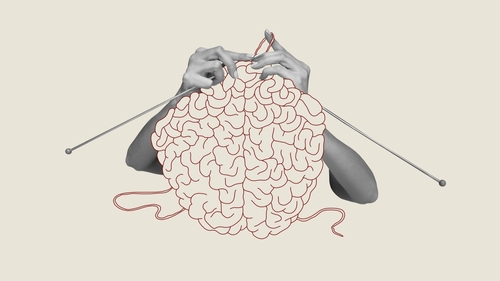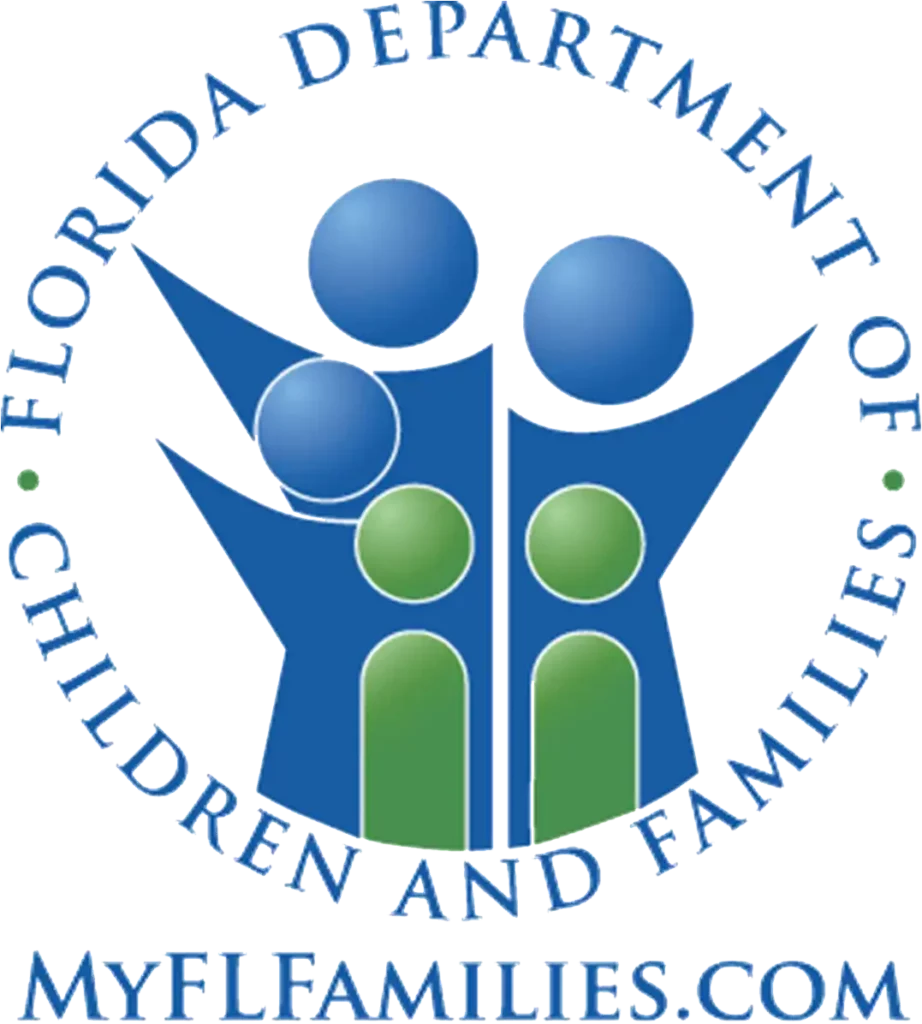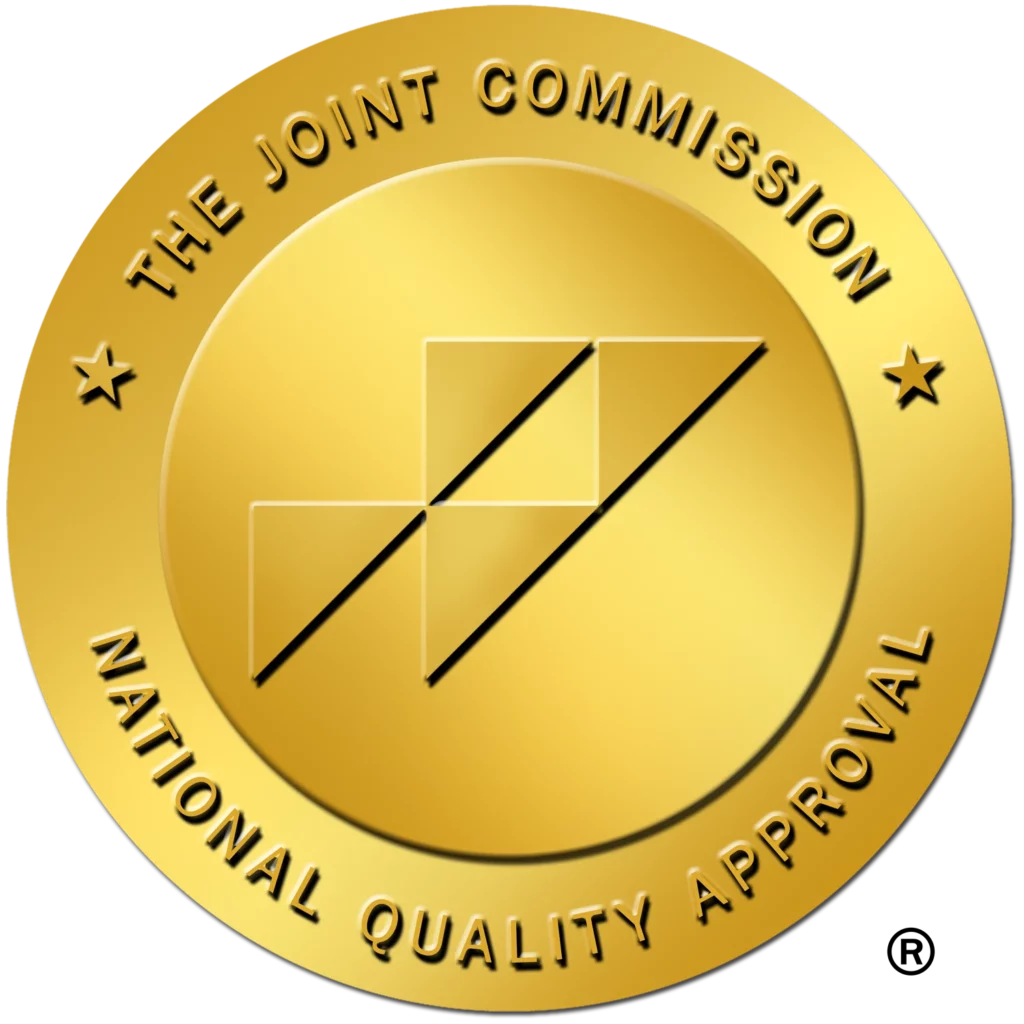Signs of Tramadol Addiction
This entry was posted in Addiction Recovery, Drug Abuse, Drug Rehab, Prescription Drugs and tagged am i addicted to tramadol, is tramadol addictive, tramadol addiction on March 04, 2022 by Justin Baksh, MS, LMHC, MCAP, Chief Clinical Officer.

Millions of Americans suffer from some form of addiction and their number is on the rise, especially when it comes to opioids. Even in today’s tightly regulated environment, there is always a possibility that a valid opioid prescription can end in addiction – even for what is considered a weaker acting opioid like Tramadol.
We can all understand that people dealing with debilitating pain still need to be able to function throughout the day. Many of us have taken an Advil or Tylenol when feeling sore from work or a recreational activity. If the pain from a serious condition, injury, or an accident, however, a doctor and may prescribe something stronger. What happens if the pain continues? This is where pain management can become a big concern, especially in the case of chronic conditions.
Is Tramadol Addictive?
Tramadol is typically prescribed after surgery or for severe or chronic pain that is unresponsive to common pain meds such as ibuprofen and acetaminophen. The drug needs little time to be effective and can dull a high level of discomfort. Unfortunately, it can also create a dependency.
Although Tramadol is considered to have a low risk of addiction, it does happen. One 39-year-old man with no prior history of addiction developed one after taking Tramadol for 18 months. An active-duty Air Force officer and married with four children, “Mr. A” had started with a course of treatment for a chronic pain condition. Over time, he began to take more and more. Even after the pain subsided, he continued using Tramadol. Finally, after seeking treatment, he was able to successfully discontinue it. (Ojha & Bhatia, 2010)
In August 2014, Tramadol was officially classified as a schedule IV drug, making it a controlled substance. Factoring into this decision was the discovery that two to three out of every 100,000 patients were abusing Tramadol. Patients were also developing withdrawal symptoms after discontinuing Tramadol and there were over 16,000 emergency room visits linked to misuse of the drug in 2010 alone. (Vermes, 2021)
Signs Of Tramadol Addiction
If you are taking Tramadol, you may wonder if you have become dependent on it. Here are seven signs that you may have developed a Tramadol addiction:
- Using the medication more than prescribed. Tramadol comes with specific dosing directions. If you are using it in a way that does not follow the instructions – especially taking more than the daily recommended dose – then you may have an addiction.
- Taking the medication because you think you will be in pain. One of the earliest signs of a Tramadol dependency forming is taking it before the pain starts. With someone who has recently had back discomfort or pain, for example, they may wake up with minimal to no pain. However, they may feel that they could experience some discomfort when they go to work. So, to get ahead of the potential discomfort, they decide that they want to take some Tramadol, just to be safe.
- Lying to friends and family about use. An obvious sign of any addiction is when people start lying about their use of the substance. For example, a family member notices that someone is more lethargic than usual, especially during the day when most people are energetic. When asked about it, the family member lies about their Tramadol use and cites another reason for the increased energy level.
- Hiding the use of Tramadol. It’s not just with family and friends where lying or hiding the use of substances could be a key sign of addiction. It can also come into play on the job. Many employers will request to be notified if you are taking certain substances, especially for pain management. If the person is not telling their employer about their Tramadol use, yet still operating heavy machinery or doing manual labor where injury is a possibility, they are putting themselves and their coworkers in danger.
- Faking pain to keep getting prescriptions. Another of the most common signs of a Tramadol addiction is false complaints of pain made to doctors in order to stay on it. Some people even try to stockpile pills for later use. They may feel that they need the extra bottles, and, if they can just get a couple of months ahead of the dosage, they can slow down and use it a bit longer without developing dependency. With short appointment windows and many patients to care for, it can be challenging for doctors to identify someone who is being dishonest about pain.
- Anxiety over getting more. If the person who is trying to get more medication is showing signs of anxiety or withdrawal symptoms from their use of Tramadol, it’s a good indication that they are battling an addiction. There is also typically an ongoing fear about what they are going to do if they run out, which leads to unhealthy decisions.
- Using multiple doctors and pharmacies for the prescription. One of those decisions may be to switch doctors or pharmacies, trying to trick the system and get more of the painkiller. As a Schedule IV controlled substance, it’s not easy to get more Tramadol than the law allows. Tramadol prescriptions are tracked by prescription drug monitoring programs (PDMPs) in each state. As of February 2017, 37 states were sharing PDMP data so that healthcare practitioners can see prescriptions across state lines, and the number of participating states has likely grown since. (MDToolbox, 2017)
Tramadol Addiction can be Hard to Address
Addiction is notoriously difficult to self-identify and even more difficult to address. With a prescription drug like Tramadol that has a valid medical use, it is even more tricky.
Why is that?
First, there is a tendency to hide use in those who are addicted. Even your family member or best friend would, more often than not, be hiding the signs from you and not indicating to you that there is a real problem.
Second, if a close friend of family member is addicted to Tramadol, you may not want to address it, either. You may emphasize the fact that they are experiencing pain and there are few good options for dealing with it. Finally, you may be aware that the confrontation has the potential to end an important relationship in your life.
Look for an Open Window
If you suspect a friend or family member of having a Tramadol addiction, it’s important to do your homework.
Take some time to research why your loved one is going through this battle and what they are experiencing. You’ll also want to research ways to help them discover their addiction and start treating it. It’s a lot of work and, unfortunately, you cannot expect results unless they are willing to address it.
However, there are things you can do to get them started on the healthier path. You can be there for them and let them know that they are not alone.Most importantly, there are typically moments of opportunity where an addict or alcoholic is open to seeking treatment. Be ready when they are.
The good news is that Tramadol addiction can be successfully treated. Whether it’s you or a loved one, you can start the conversation with qualified addiction treatment centers at any time.
RELATED: Do I need rehab?
How to get an addict into treatment
Are new opioid laws lowering the overdose rate?
Sources
MDToolbox blog. MDToolbox Blog | 37 States Now Sharing Prescription Data. (2017, February 7). Retrieved March 4, 2022, from mdtoolbox.com
Ojha, R., & Bhatia, S. C. (2010). Tramadol dependence in a patient with no previous substance history. Primary care companion to the Journal of clinical psychiatry. Retrieved March 4, 2022, from ncbi.nlm.nih.gov
Vermes, K. (2021, March 4). DEA classifies tramadol as a schedule IV controlled substance. Pharmacy Times. Retrieved March 4, 2022, from Pharmacy Times










